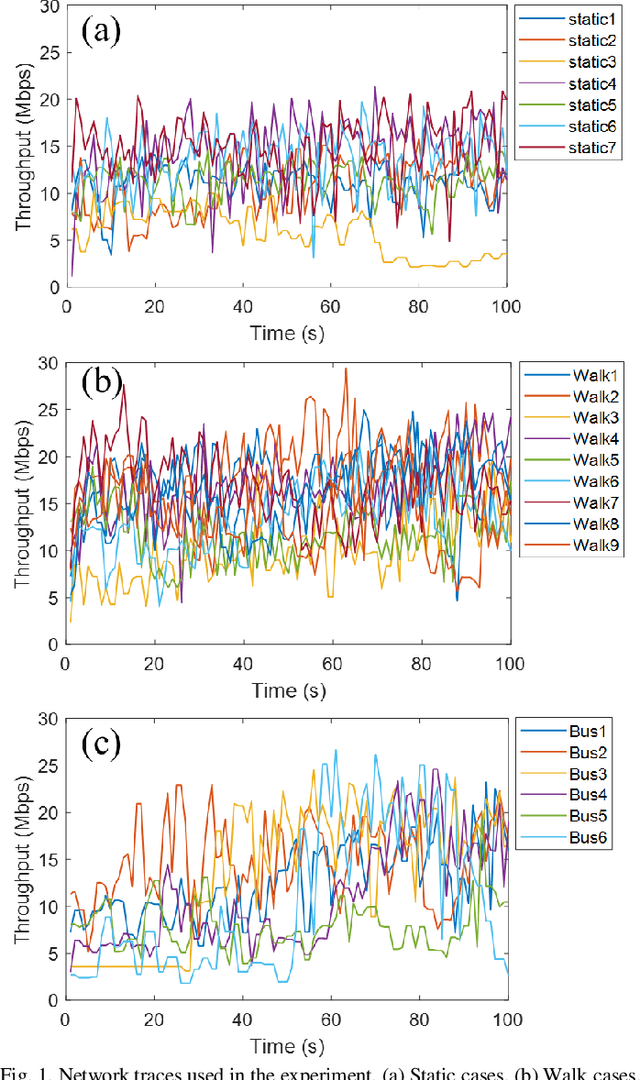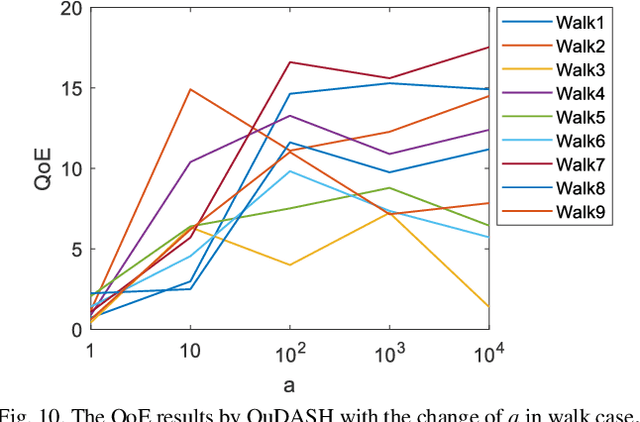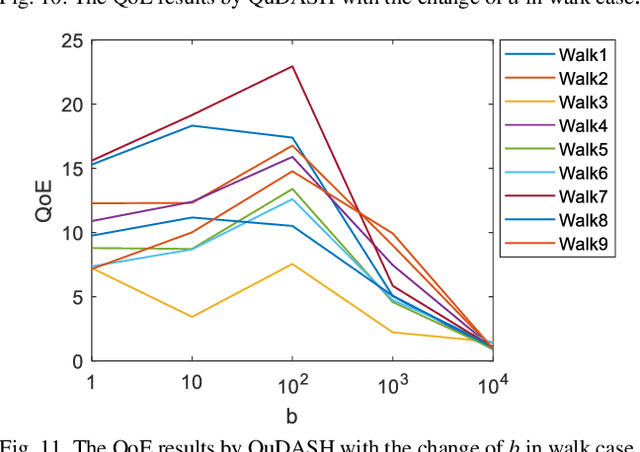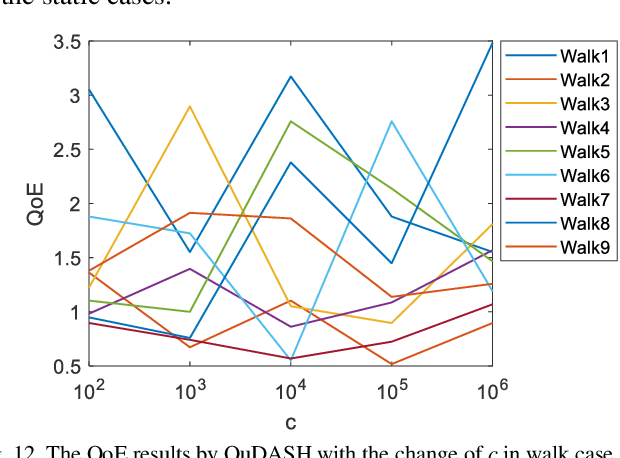Nozomu Togawa
Fast Hyperparameter Tuning for Ising Machines
Nov 29, 2022



Abstract:In this paper, we propose a novel technique to accelerate Ising machines hyperparameter tuning. Firstly, we define Ising machine performance and explain the goal of hyperparameter tuning in regard to this performance definition. Secondly, we compare well-known hyperparameter tuning techniques, namely random sampling and Tree-structured Parzen Estimator (TPE) on different combinatorial optimization problems. Thirdly, we propose a new convergence acceleration method for TPE which we call "FastConvergence".It aims at limiting the number of required TPE trials to reach best performing hyperparameter values combination. We compare FastConvergence to previously mentioned well-known hyperparameter tuning techniques to show its effectiveness. For experiments, well-known Travel Salesman Problem (TSP) and Quadratic Assignment Problem (QAP) instances are used as input. The Ising machine used is Fujitsu's third generation Digital Annealer (DA). Results show, in most cases, FastConvergence can reach similar results to TPE alone within less than half the number of trials.
QuDASH: Quantum-inspired rate adaptation approach for DASH video streaming
Jun 19, 2022



Abstract:Internet traffic is dramatically increasing with the development of network technologies. Within the total traffic, video streaming traffic accounts for a large amount, which reveals the importance to guarantee the quality of content delivery service. Based on the network conditions, adaptive bitrate (ABR) control is utilized as a common technique which can choose the proper bitrate to ensure the video streaming quality. In this paper, a new bitrate control method, QuDASH is proposed by taking advantage of the emerging quantum technology. In QuDASH, the adaptive control model is developed using the quadratic unconstrained binary optimization (QUBO), which aims at increasing the average bitrate and decreasing the video rebuffering events to maximize the user quality of experience (QoE). Then, the control model is solved by Digital Annealer, which is a quantum-Inspired computing technology. The evaluation of the proposed method is carried out by simulation with the measured throughput traces in real world. Experiment results demonstrated that the proposed QuDASH method has better performance in terms of QoE compared with other advanced ABR methods. In 68.2% of the examined cases, QuDASH achieves the highest QoE results, which shows the superiority of the QuDASH over conventional methods.
 Add to Chrome
Add to Chrome Add to Firefox
Add to Firefox Add to Edge
Add to Edge